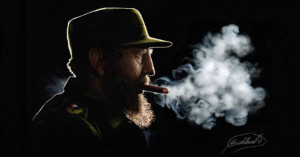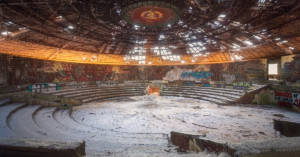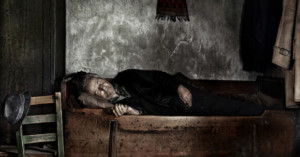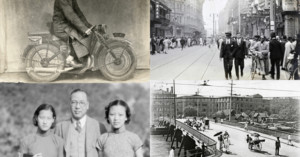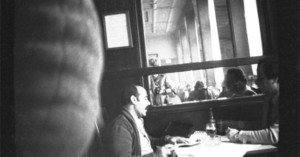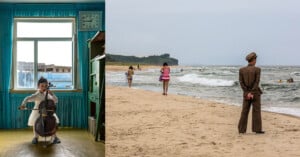
Photographer’s Rare Images Reveal Everyday Life in North Korea
At the end of each day, North Korean officials would review all of the photographs taken by Tariq Zaidi -- deleting the ones they didn't approve of. But then Zaidi was lucky to be capturing any images at all from inside the hermit state.
